What should I know about when a power of attorney goes into effect?
What should I know about when a power of attorney goes into effect?
Power of attorney (POA) is the authority given to one or more persons, called agents, to act on behalf of another person, known as the principal.
POA transfers decision-making to the agents for different reasons. It could cover instances when the principal is traveling or ill or if they are temporarily or permanently incapacitated.
Agents can be attorneys, family members, partners, financial managers, or anyone else named in the power of attorney contract. The POA agreement can also specify the level of decision-making powers and the areas that the agent gets to control.
Most POAs cover healthcare decisions or financial matters. Here is what happens once a power of attorney contract goes into effect.
When does power of attorney go into effect Warwick, Rhode Island?
Once the parties sign a power of attorney agreement, it goes into effect immediately unless the contract declares a different start date. The powers are limited to the duties stated in the contract. It is also important to explicitly state the duration of the agreement. For example, someone can grant financial power of attorney while they undergo a medical procedure. In this instance, they may only want to power to last until they recover and leave the hospital.
Power of attorney can be an important choice. If you become incapacitated, and you have not named someone as your agent, a court may select someone to make decisions on your behalf. If you want to be sure that you choose an agent who you trust to respect your wishes, it is best to draft a power of attorney contract early and ensure it goes into effect immediately. It will cover you if you get into an accident or have a sudden illness and are unable to make medical or financial decisions for yourself.
You should understand that decisions about POA agents are not final. You can cancel power of attorney at any time and select someone else to represent you.
When and how does power of attorney end?
You can set up power of attorney so that it has an expiration date, or you can name a specific action or set of actions an agent can take that will cause them to lose power.
In most cases, however, you revoke power of attorney by creating another document. If you wish to completely end POA, you can create a revocation of POA document, which ends the agent's powers. You can also create a new POA contract, which nullifies the previous one and grants POA to a different agent.
In some cases, durable power of attorney can last until the principal dies unless it is explicitly revoked. This can occur when you want someone to handle your estate as you grow older.
How to set up power of attorney
The steps for setting up a POA can vary depending on the details of your plans and your location. However, in most cases, you will follow the same general steps:
- Choose an agent. You should opt for someone you can trust to be calm, and impartial, and follow your wishes.
- Download the POA template or get it from an attorney's office. It can be good to consult an attorney to ensure you have the correct documents because requirements vary by state and type of POA.
- Fill out the document, ensuring you explicitly state any details about decision-making powers and duration. Attorneys can be helpful during this step. They can help you use correct terminology that cannot be misinterpreted by agents or a court.
- In almost all cases, POA agreements require notarization. That means you need to sign the document in front of a notary before they stamp it.
- Some states allow verbal power of attorney. Even if this option exists in your location, a written document is better to avoid confusion and ensure clear directions.
- Fill out duplicate copies of the power of attorney document and give one to your attorney, one to the court, and keep one for yourself. Some states require that power of attorney be filed in court before they are made legal.
Healthcare and financial powers of attorney
For individuals, there are typically two areas that could require power of attorney: healthcare and wealth. Here is a look at these two categories.
Healthcare power of attorney
A principal can choose to have a durable power of attorney for someone to make health-related decisions on their behalf. This type of POA agent is also called a health proxy.
The decision-making powers usually start when the principal can no longer make their own medical decisions. In most cases, you cannot give a direct caregiver, such as your physician or nurse, healthcare POA. It must be someone else.
You can replace an agent or draft a new healthcare POA at any time, but it is always good to have one in case of an unexpected accident or illness.
Financial powers of attorney
Someone with financial powers of attorney can make money and estate-related decisions for you. In cases involving incapacitation, an agent can pay your bills and taxes and manage your assets.
You can have multiple financial POAs. This is common if you own a business. In some cases, an agent can simply make day-to-day business decisions for a business owner when they are on vacation or have a short illness.
You can have different powers of attorney for financial and healthcare matters, and these will typically be separate documents.
Do you need a lawyer to grant power of attorney In Warwick, Rhode Island?
It is possible to fill out a POA document and have it notarized. However, you may want to consult an attorney to ensure you use the correct terminology and include details about the type of actions that could nullify the agreement.
If you have questions about power of attorney, contact us today for a consultation.










